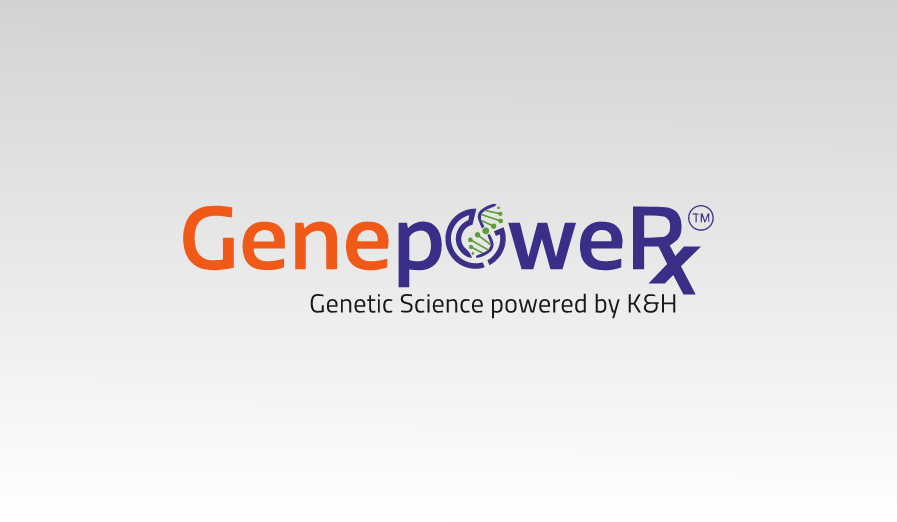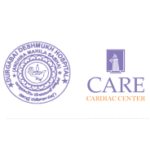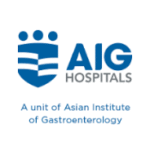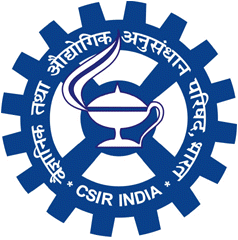Treatments Focus
Hypertension (HTN)

Blood pressure is the force exerted on the walls of the blood vessels by the blood flowing in them. Hypertension or high blood pressure refers to the condition in which this blood pressure is higher than the healthy normal levels. Blood pressure when too high can result in compromised blood supply to the body, including to the vital organs, compromising their supply of oxygen and other nutrients. Usually, there are no symptoms of hypertension, and many may not be even aware that they have this condition.
The condition is a risk factor for many diseases like heart, stroke, kidney failure and eye problems. In hypertension, the heart has to work harder, leading to thickening of the heart muscles. This damage over a period of time can cause heart failure. Also, the damage to arteries may increase risk of blood clots, blocking flow of blood to heart, leading to heart attack or brain stroke.
Symptoms:
Most persons with high blood pressure show no signs or symptoms, even when the blood pressure readings reach dangerously high levels.
Headaches, shortness of breath, and nosebleeds are common signs and symptoms of high blood pressure, but they aren’t specific and usually don’t appear until the condition has progressed to a severe or life-threatening stage.
Types and Causes of Hypertension:
There are two types of hypertension-
Primary hypertension: This type of high blood pressure tends to develop over years and there is no identifiable cause in adults.
Secondary hypertension: Due to some underlying conditions, some people develop secondary hypertension. Some conditions which can also lead to secondary hypertension are:
- Thyroid problems
- Kidney disease
- Disturbed sleep
- Certain medications (birth control pills, pain relievers, some prescription drugs, etc.)
- Tumours
- Cocaine consumption
Risk factors:
There are many risk factors which can contribute to hypertension including:
- Age
- Family history
- No physical activity
- Overweight or obesity
- Smoking and alcohol intake
- Too much salt and potassium in diet
- Stress
- Some chronic diseases
Primary hypertension
This type of high blood pressure tends to develop over years and there is no identifiable cause in adults.
Diagnosis and treatment:
Your doctor will do a physical examination and ask about your medical history. He/she will check for your blood pressure on both the arms.
If the values are higher than normal your doctor will recommend lifestyle changes and dietary changes. For example, regular exercises, low intake of salt, oil, etc, maintaining healthy weight, limiting alcohol intake.
If lifestyle and dietary changes do not help then your doctor will prescribe you certain medication to control high blood pressure.
FAQ's :
References:
- Medline Plus. Accessed on 30-03-2022.
https://medlineplus.gov/genetics/condition/hypertension/#causes
- High Blood Pressure (Hypertension). Mayo Clinic. Accessed on 30-03-2022.
https://www.mayoclinic.org/diseases-conditions/high-blood-pressure/diagnosis-treatment/drc-20373417
- High Blood Pressure. Centers of Disease Control and Prevention. Accessed on 30-03-2022.
https://www.cdc.gov/bloodpressure/risk_factors.htm
- Genetic Programming of Hypertension. Frontiers in paediatrics. Accessed on 30-03-2022.
https://www.frontiersin.org/articles/10.3389/fped.2017.00285/full#h8
- Genetic mechanisms of human hypertension and their implications for blood pressure physiology. American Physiology Society. Accessed on 30-03-2022.
https://journals.physiology.org/doi/full/10.1152/physiolgenomics.00032.2017
Related Articles
Book an Appointment to understand how GenepoweRx can help you in treating
Hypertension (HTN)
Meet The Doctors
Dr Kalyan Uppaluri
Dr Hima Challa
Your genetics … Your Test ... Your Health Success
It’s always the word of mouth that’s the best advice. Here are some of our…


Our Partners






Professional Partnerships
Government Association

